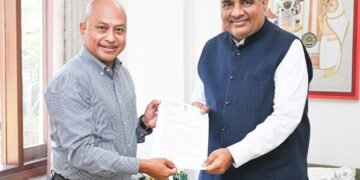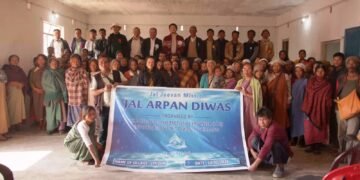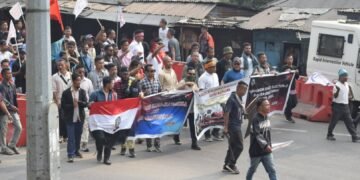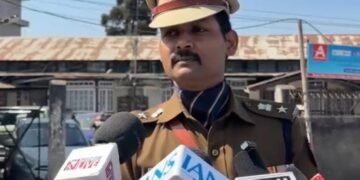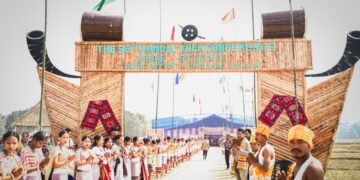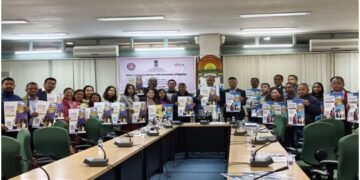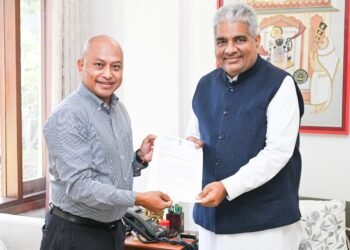The poor and the homeless are not parasites but citizens marginalised by the inadequate and inefficient management by the State. Freebies, on the other hand are subsidies handed out to marginalised classes of people by the State’s ruling class to cover-up its failure to provide income generating avenues and proper livelihoods for people to be able to, at the least, feed, cloth, shelter, educate and keep themselves in health.
The Indian State has perpetuated a system in which it has consistently failed to provide the means to earn a proper living for those at the bottom of the socio-economic ladder. Never has there been well thought out budget allocation to create schemes to pull them up the ladder. It is only during elections that the politicians then “pay” this section of people for their vote by promising them all sorts of free stuff from rations to electricity, cash money to bicycles and so on and so forth.
This large section of poor are structural refugees of an unthinking State, which has turned them into a class of people who are forced into menial work providing cheap labour without which the nation’s cities would come to a standstill. These people are paid so poorly for all the important work that they do that they cannot even afford to rent homes in the rich-man’s cities and are forced to live on the streets. They are then labelled “homeless”. The majority of these people were actually marginalised by large-scale infrastructure ‘development’ over the decades and pauperised by government policy pursuing ‘national interest’ but blind to large-scale displacement of populations, who are pulverised into becoming the most exploited labour class. This is the section of people who Supreme Court Justice B R Gavai saw as being “parasites” who get freebies and who he accused of soon became lazy and stopped working because they could live on these freebies. Miserable thought that and an insult to the yeoman’s service they do to keep life in the cities moving.
Justice Gavai, judge of the Supreme Court though he is, only proved that he is yet to shake off the prejudices that the ‘haves’ hold against the ‘have not’s, and most particularly against the ‘have nothings.’ It is a pity that despite being one of the officials presiding over the top Court of the country, towards whom the whole country looks to deliver justice, Judge Gavai has revealed himself as being a blind believer in the moral construct of poverty, that people are poor because they have a moral flaw in their character. Such a blind spot in a top judge cannot be condoned. No wonder his remarks have been condemned by organisations working with the homeless and the marginalised people across the country. India, a country where the majority of people are struggling to make ends meet cannot afford to have an anti-poor judge in its top Court.

